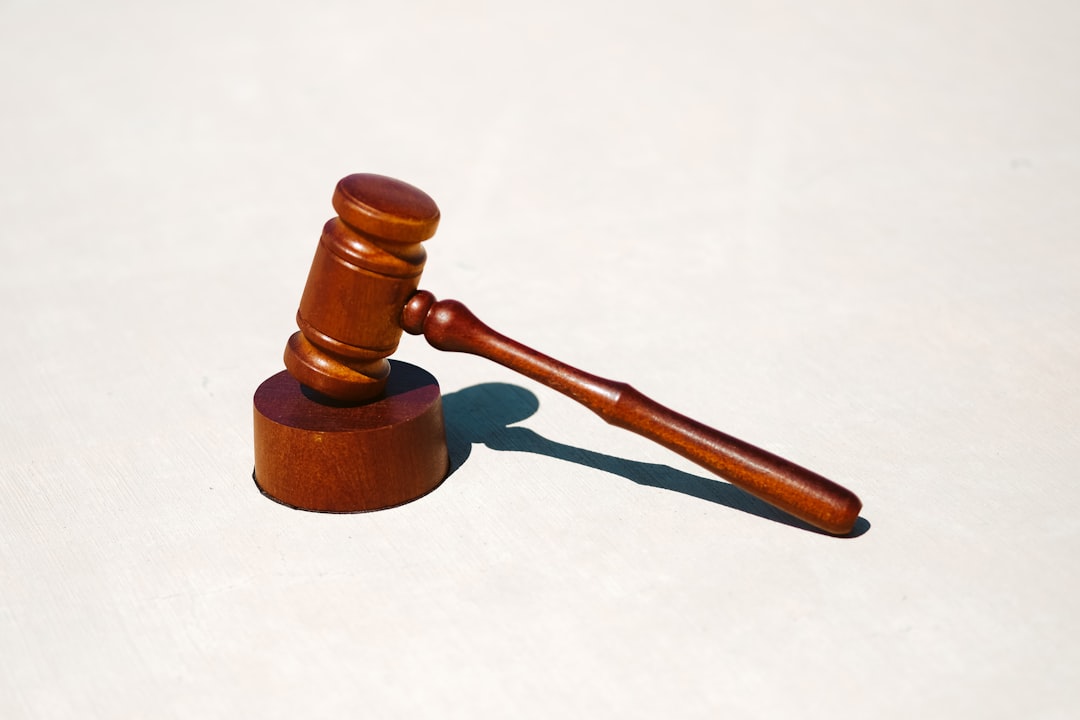In Maryland, both federal (FDCPA) and state (MCDCA) laws protect consumers from abusive debt collection practices. These laws permit debtors to seek emotional distress damages if collectors engage in harassment, deception, or false statements, causing significant psychological harm. To prove emotional distress, plaintiffs must demonstrate intolerable actions, resulting in substantial emotional anguish documented through medical treatment or counseling. Navigating these debt collector laws is crucial for Maryland debtors seeking protection and compensation.
In Maryland, understanding debt collection practices is crucial for consumers protecting their rights. This article explores the legal framework governing debt collectors in the state, focusing on emotional distress damages available to debtors. We delve into what constitutes emotional distress and how it can be compensated. Additionally, we analyze scenarios where debt collector conduct crosses ethical boundaries and guide debtors on navigating Maryland laws to seek redress for harmful practices under relevant debt collection regulations.
Understanding Debt Collection Practices in Maryland: Legal Framework

In Maryland, debt collection practices are regulated by both state and federal laws, designed to protect consumers from aggressive or unfair tactics. The Fair Debt Collection Practices Act (FDCPA) sets national standards, prohibiting debt collectors from engaging in abusive, harassing, or deceptive behavior. This includes making false statements, using obscene language, or threatening actions that cannot be taken legally.
Maryland law further strengthens consumer rights through the Maryland Consumer Debt Collections Act (MCDCA). This legislation outlines specific rules for debt collectors operating within the state, ensuring they adhere to transparent and ethical collection methods. It allows consumers certain legal remedies if they feel their rights have been violated, including seeking damages for emotional distress caused by improper collection practices.
Emotional Distress Damages: What Are They and How Do They Apply?

Emotional distress damages refer to compensation awarded to individuals who have suffered significant emotional harm due to another party’s actions, in this context, often a debt collector. These damages are designed to recognize and alleviate the psychological impact of harassing or abusive collection practices. In Maryland, debt collectors must adhere to strict laws that govern their interactions with debtors, aiming to balance the recovery of debts with consumer protection.
When a debt collector engages in actions such as threatening language, repeated calls, or false representations, it can lead to anxiety, stress, and even depression for the debtor. If these actions are found to be intentional and outside the scope of legal collection methods, individuals may seek compensation for the emotional distress caused. Such damages can include reimbursement for counseling costs, medical expenses related to mental health issues, and non-economic losses like pain and suffering.
When Does a Debt Collector's Conduct Rise to the Level of Emotional Distress?

When evaluating whether a debt collector’s actions have caused emotional distress, it’s crucial to understand that not all collection efforts are equal. In Maryland, debt collector laws provide certain protections for consumers. Emotional distress claims typically arise when a collector’s behavior is extreme and goes beyond reasonable boundaries. This might include repeated harassing calls at inappropriate times, threats or intimidation, or deliberately causing anxiety through aggressive tactics.
The key lies in the frequency and nature of the interactions. While a single rude call may not be enough to establish emotional distress, consistent harassment could lead to significant psychological harm. If individuals subjected to these actions can demonstrate that they suffered from anxiety, depression, or other mental health issues as a direct result, they may have grounds for legal action under Maryland’s debt collection regulations.
Proving Emotional Distress: Essential Elements for a Claim

Proving emotional distress in a debt collection case is a crucial step for individuals seeking compensation for the harm caused by aggressive or harassing collection practices. According to Maryland debt collector laws, plaintiffs must demonstrate several essential elements to establish a claim for emotional distress damages.
First and foremost, they need to show that they were subjected to actions that a reasonable person would find intolerable or extreme. This could include repeated phone calls, threatening language, or false representations by the debt collector. Additionally, claimants must prove that these actions caused them significant emotional anguish, such as anxiety, depression, or stress that substantially impacts their daily life and well-being. Documentation of medical treatment or counseling for mental health issues can serve as compelling evidence to support these claims.
Navigating Maryland Laws: Rights and Remedies for Debtors Seeking Compensation

Navigating Maryland’s debt collection laws is crucial for debtors seeking protection and compensation for emotional distress caused by aggressive or unlawful collection practices. In Maryland, debt collectors must adhere to strict regulations outlined in the Fair Debt Collection Practices Act (FDCPA) and state-specific laws. These laws empower consumers with rights, such as the right to request validation of the debt and to be free from abusive or deceptive collection tactics.
If a debtor can demonstrate that a debt collector has violated these laws, they may be eligible for damages, including compensation for emotional distress. This process involves understanding one’s rights, documenting interactions with collectors, and potentially filing a lawsuit against the offending party. Debtors should keep detailed records of all communication, including dates, times, and content, to build a strong case and seek the remedies they are entitled to under Maryland debt collection laws.






